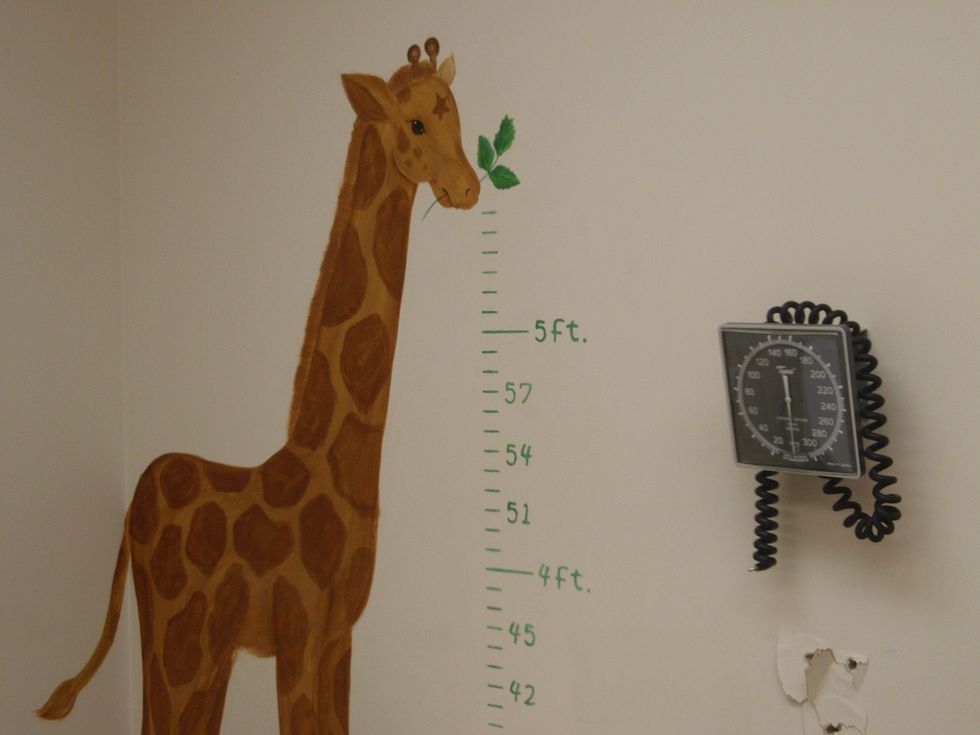How To Be Assertive As A Young Female Professional
Assertiveness feels unnatural and uncomfortable for many women, but developing the quality is necessary to create opportunities and success.
Sometimes, as a student preparing to enter the workforce, I start to feel stuck at a single point on my career path. I have a habit of working hard with my head down, hoping that success and opportunities will naturally flow towards good, consistent work. When that doesn't happen, work starts to feel pointless.
But opportunities rarely happen on their own. In most cases, I have had to create opportunities myself. To do this, especially in my first year of college, I have had to get familiar with the art of assertiveness.
I was first exposed to the idea of assertiveness when I was 16 years old and simultaneously applying for part-time jobs, volunteer positions, and college. I borrowed a copy of "The Confidence Code" by Katty Kay and Claire Shipman, a book geared towards young female professionals. I had always been quiet and reserved, and I was drawn to the exuberant, unapologetic confidence of the authors, as well as their success stories. For a success story of my own, I needed to become assertive.
Assertiveness is necessary to create your own opportunities. According to Psychology Today, "people who are assertive clearly and respectfully communicate their wants, needs, positions, and boundaries to others."
It sounds simple, but being assertive can be challenging -for women especially. According to a Careerstone Group article, "Women can be their own worst enemies in the workplace. Very often, women are afraid to advocate for themselves, to speak up, negotiate, disagree, and promote themselves."
Some of the principle behaviors of assertiveness are speaking strongly, negotiating effectively, confronting conflict, and self-promoting. Women generally avoid all four, hoping that pure merit will be rewarded. However, according to the article, the workplace is not a meritocracy, and "if you want to get ahead, people have to know who you are, the work you have done, your value to the company, and what you are capable of doing." You have to assert yourself.
According to an Inc. article by Lead From Within president and CEO Lolly Daskal, communication style is the most critical component of assertiveness. "Pay attention to your body language as well as the words you say, and make sure you're congruent in your words, body language, and tone," Daskal wrote. "Never expect people to read your mind; if you want something, say so, and if something bothers you, speak up. Look confident when making a request or stating a preference. Stand up straight, lean in a bit, smile or keep a neutral facial expression, and look the person in the eye."
This advice applies to situations from job interviews to networking events. By learning to communicate assertively, you gain the power to create opportunities for yourself. You can achieve nearly anything by communicating in the right way -- you can negotiate a raise, start a new project, or even create a new position. By becoming assertive, you can reap the fullest benefits of your hard work.


























